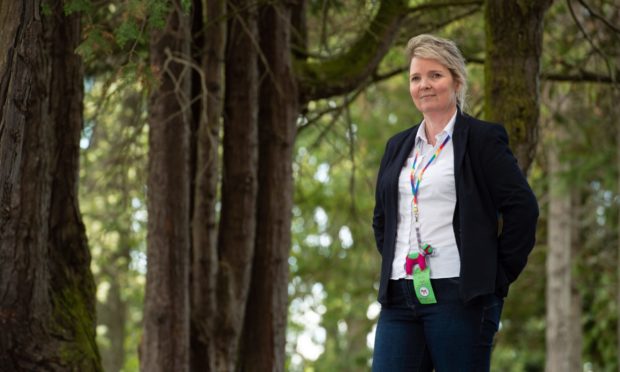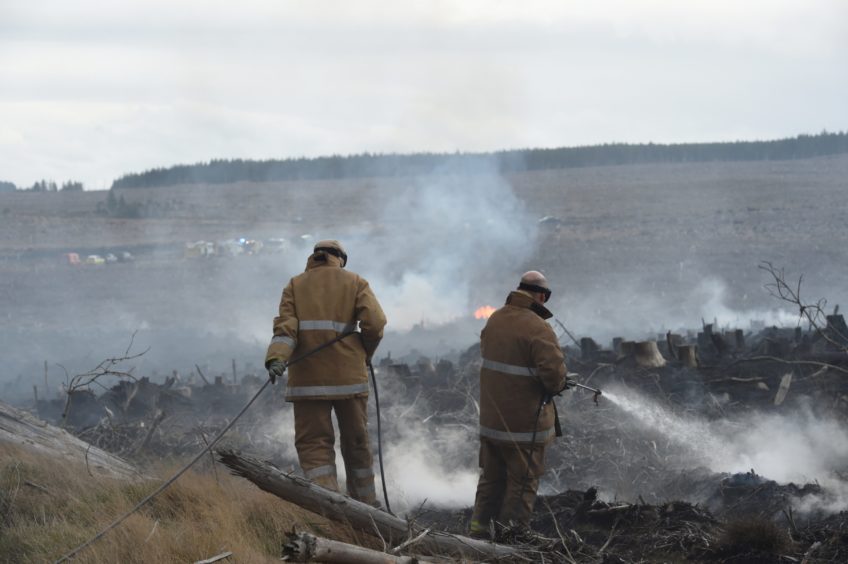Moray Council has agreed a climate change strategy to make the authority carbon neutral by 2030 amid calls “It will take all of us.”
The council aims to reach the ambitious target by making its buildings and schools more energy efficient, increasing recycling and making more electric vehicle charging points available among other goals.
Changes already made include identifying opportunities for local food production and an obligation on developers to report on their actions to reduce emissions through planning applications.
Climate change emergency declared
A “climate change emergency” was declared by the authority in June 2019 amid a vocal protest outside its Elgin headquarters with progress on the blueprint delayed due to the pandemic.
Fears have been raised the region will be more susceptible to droughts and wildfires in the coming years.
Today warnings were issued that the cost of overhauling the region’s aging buildings and infrastructure will be massive.
However, council chief executive Roddy Burns explained the agreement of the strategy puts it in “pole position” to tap into external funds.
Moray Council leader Graham Leadbitter explained he expected more funding for climate change projects to be made available by both UK and Scottish governments in the coming years.
Speyside Glenlivet councillor Louise Nicol, chairwoman of the authority’s climate change working group, said: “It feels like this plan has been a long time coming, with Covid delays setting us back initially.
“Having said that we’ve already seen a number of changes to council policies to reflect the climate change objectives so this final passing of the strategy will give us the impetus for even more change.
“We all have a responsibility for changing our own behaviour and influencing those around us. With the council now leading the charge by embedding active change to improve, and ultimately eradicate, our carbon emissions I hope to see communities follow that lead.”
Climate change target in Moray needs “all of us”
Speyside Glenlivet councillor Walter Wilson said: “Moray Council’s carbon footprint is only 4% of all carbon emissions in Moray – so there’s 96% that we don’t have control over.
“I’m hoping that if people can see changes being made then it will affect how people think about things and it will filter out to the rest of the public.”
Mrs Nicol agreed making a lasting effect on climate change would “take all of us”.
Tim Eagle, leader of the council’s Conservative group, said: “At first I wondered whether this is ambitious enough, but I think it is – the question is how will we afford it?
“Moving to Hydrogen technology and updating our infrastructure is expensive.”
Mr Leadbitter agreed to write to both UK and Scottish governments to press the need for funding to meet climate change targets.

